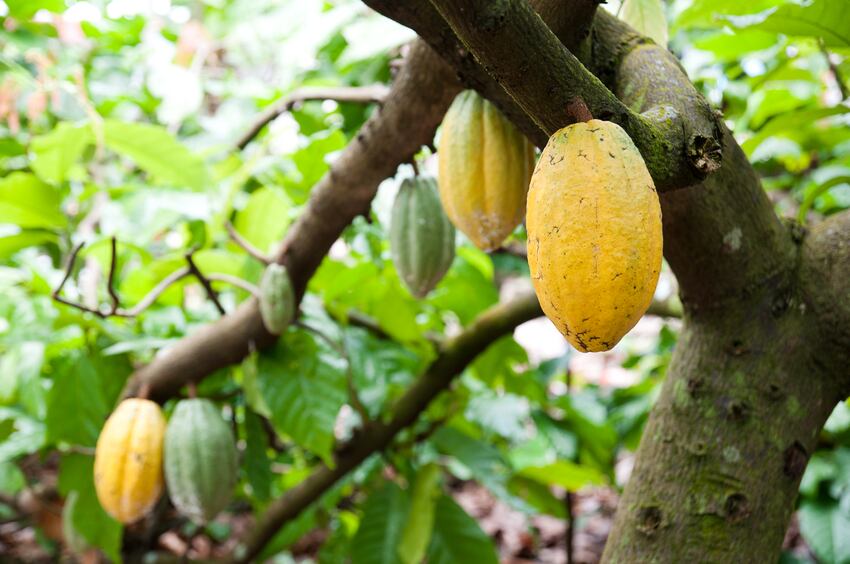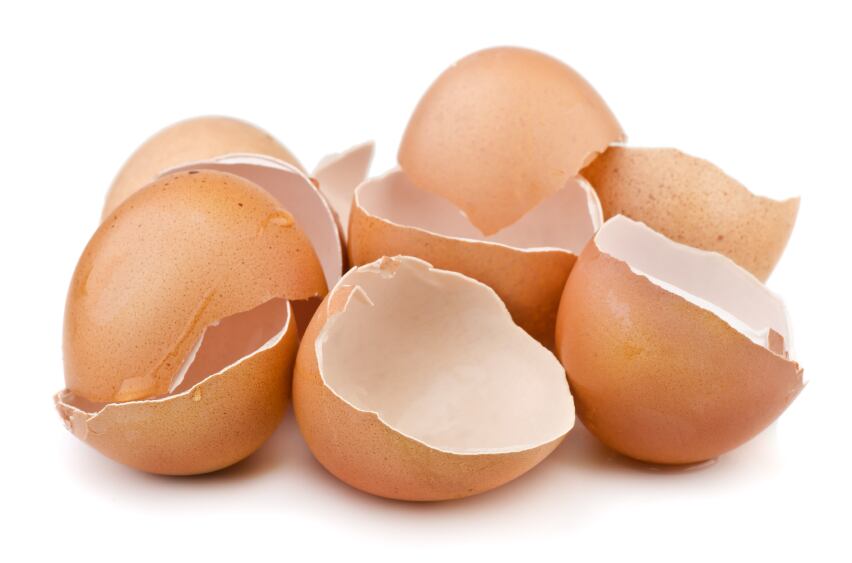The process falls under Article 4 of the novel food Regulation (EU) 2015/2283, which comes into force this month. It requires food business operators to verify if the food is novel or not.
“The process is an opportunity to achieve legal certainty,” explained Luca Bucchini, managing director of Hylobates Consulting.
“There is a potential threat as well, for some substances and nutrition companies supplying and using them as there is no clear consultation with stakeholders during the process.”
Bucchini went on to give an example of how this threat could manifest itself arguing that a substance could be used in the marketplace by several companies on the assumption it is not novel.
“One company, with little data, asks for a novel foods consultation,” he explained. “Other companies do not even know about the consultation, till a negative conclusion is reached and that substance is declared novel.
“It would take a significant amount of work to overturn the decision, and there might be immediate repercussions on the market.”
Bucchini said that it was true that during the consultation, other Member States were normally consulted, but trade groups or the public were not. He added that in the extreme it might even be used against competitors.
Consultation process on novel food status
The consultation process deemed Maqui berries (fruit of the Aristotelia chilensis plant) as “Novel when used as or in foods. Not novel only in food supplements,” in a judgement that could find no evidence of the food being used for nutritional purposes.
“The claim that there is no legal basis for differentiating between its use in food supplements and its use in other foodstuffs cannot be sustained -at least since the Novel Food Regulation (EU) 2015/2283 entered into force,” the consultation described.
It added that even before then, it was recognised practice in all the Member States to differentiate between ‘not novel’ and ‘novel, except in food supplements’.
“Novel food status for food and food supplement is separated by law. If a substance is not novel in food supplement (i.e. was used in food supplements before 1997), it may still be novel in food (not used in other foods before 1997),” added Bucchini.
“In practice, Maqui can continue to be used in food supplements as it is now, but its berries cannot be used to, say, make jams, though berries are traditional in Chile.”
Other foods in the process include Casein hydrolysate containing elevated levels of the tri-peptides; L-valyl-L-prolyl-L-proline (VPP) and L-isoleucyl-L-prolyl-L-proline (IPP), deemed novel when used as or in foods.
Cacao pulp juice and nut/kernel found within the fruit of the pili nut tree (Canarium ovatum), were also classed as novel when used as or in foods.
‘Two were found not novel’
“It is noteworthy that out of the eight applications only two were found not novel,” (Passiflora edulis f. edulis Sims and cold pressed Nigella sativa seed oil) said Bucchini.
“Looking at the list, it seems that most were genuine requests to achieve legal certainty, with 75% resulting in a novel food determination, it seems that a concern with a misuse of the process is warranted.
“The EC should notify the public of pending requests so that interested parties can submit evidence before a determination is made. This is important as many companies have relied on self-assessment, and the authorities may not even be aware of the data.”




